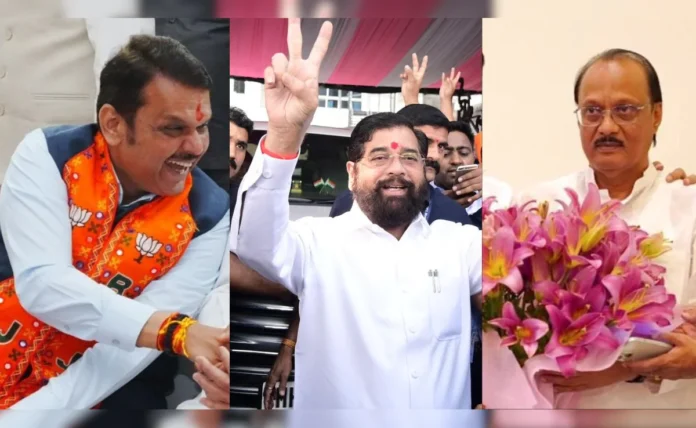In an unprecedented development, the Maharashtra legislative assembly will not have a Leader of Opposition (LoP) for the first time in six decades. This historic situation arises after none of the opposition parties in the newly elected assembly managed to secure the minimum number of seats required to claim the post.
No Party Meets the Threshold for Opposition Leadership
As per the provisions outlined in the Salaries and Allowances of Leaders of Opposition in the State Legislature Act, a party must have at least 10% of the total assembly seats to nominate a Leader of Opposition. With Maharashtra’s legislative assembly comprising 288 members, the minimum required strength is 28 seats. However, the largest opposition party, Uddhav Thackeray-led Shiv Sena (UBT), secured only 21 seats in the November 20 state elections, falling short of the mark.
Former principal secretary (legislature) Anant Kalse explained, “In a 288-member assembly, an opposition party must have at least 28 elected members to claim the post of Leader of Opposition. Since the Shiv Sena (UBT) has 21 seats, it is not eligible. Congress, with 16 seats, and Sharad Pawar’s Nationalist Congress Party (NCP-SCP), with 10 seats, are even further behind.”
 Maha Vikas Aghadi’s Crushing Defeat
Maha Vikas Aghadi’s Crushing Defeat
This development comes as a significant blow to the Maha Vikas Aghadi (MVA) alliance, which suffered a resounding defeat in the assembly elections. The ruling BJP-led Mahayuti alliance achieved a landslide victory, decisively outpacing the MVA in nearly all regions.
The BJP emerged as the dominant force, winning 132 seats, while its allies Shiv Sena, led by Chief Minister Eknath Shinde, and NCP, led by Deputy Chief Minister Ajit Pawar, secured 57 and 41 seats, respectively. The Mahayuti alliance’s comprehensive win further consolidated its political dominance in Maharashtra.
In stark contrast, the MVA parties collectively fared poorly:
- Shiv Sena (UBT): 21 seats
- Congress: 16 seats
- NCP (SCP): 10 seats
The inability of any MVA party to meet the 10% threshold for the LoP post underscores the scale of their defeat.
Legal and Procedural Context
The position of Leader of Opposition plays a crucial role in legislative functioning, serving as the voice of dissent and accountability against the ruling government. However, the eligibility for the LoP post is governed by strict rules and procedures.
As noted in the seminal book Practice and Procedure of Parliament by M.N. Kaul and S.L. Shakdher, a contrary party must have at least 10% of the assembly seats to stake a claim. This criterion ensures that the LoP represents a substantial segment of the legislative assembly. However, with no party crossing the 28-seat threshold, the assembly will have to proceed without an opposition leader.
What This Means for Governance
The absence of a Leader of Opposition is expected to have significant implications for legislative dynamics in Maharashtra. The LoP serves as an essential check on the government, facilitating debates and holding the administration accountable. Without a formal opposition leader, the ruling BJP-led coalition may face less structured scrutiny, potentially altering the balance of power in the assembly.
Furthermore, the lack of a LoP could impact key legislative processes, including appointments to committees and other oversight mechanisms, which typically involve consultation with the LoP.
Broader Political Implications
The BJP-led Mahayuti’s commanding victory not only cements its control over Maharashtra but also underscores the fragmentation and decline of opposition forces in the state. The MVA’s internal divisions and inability to present a unified front are seen as contributing factors to their electoral debacle.
This development also raises questions about the future of the Shiv Sena (UBT), Congress, and NCP (SCP) as credible forces. Their diminished presence in the assembly reflects a need for introspection and restructuring if they are to remain relevant in Maharashtra’s evolving political landscape.

